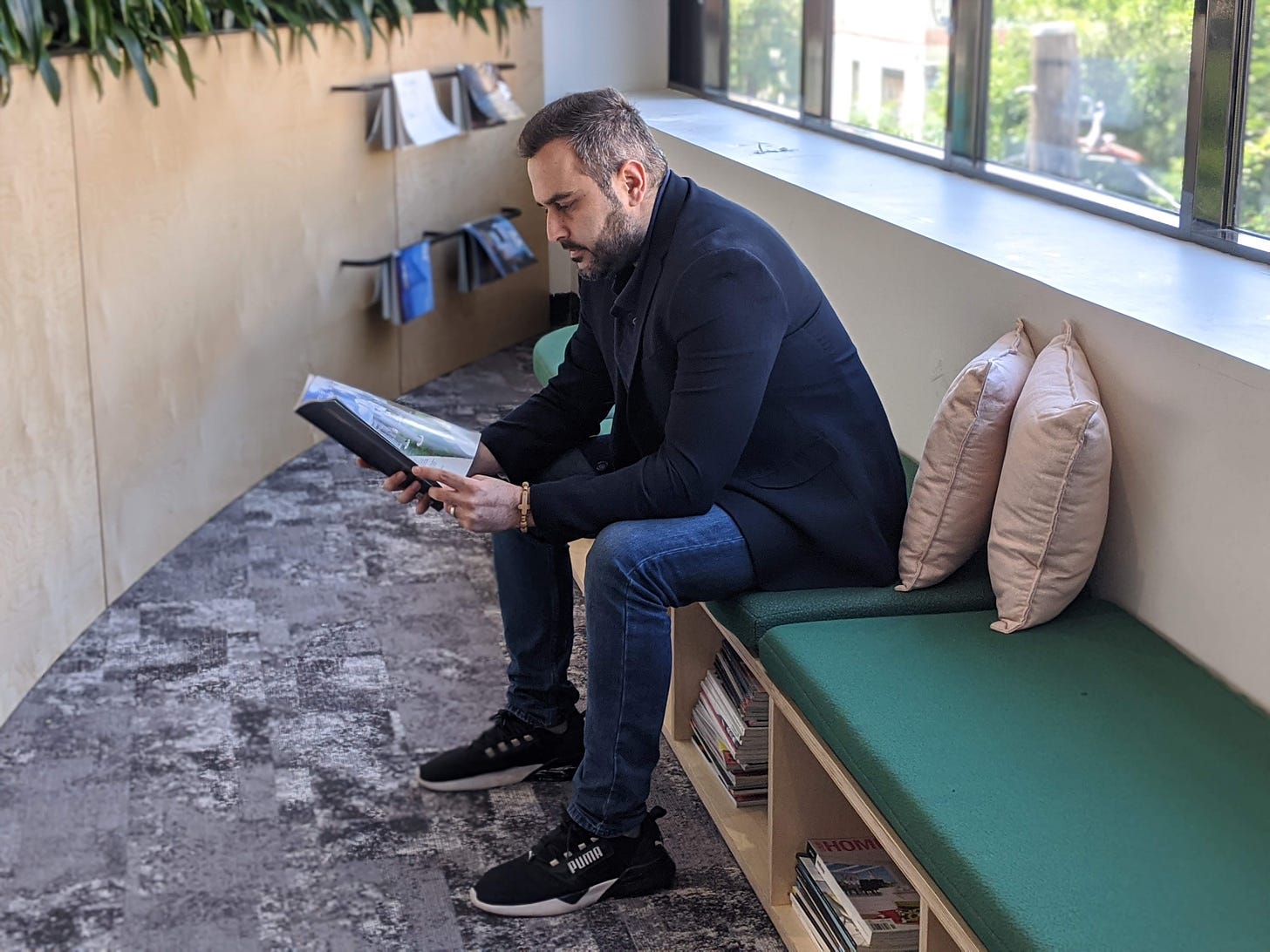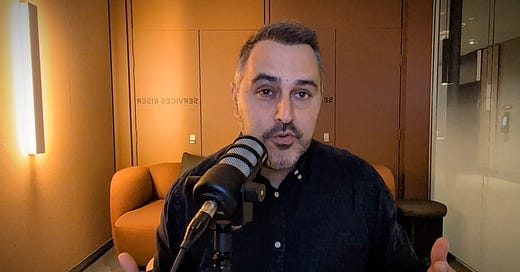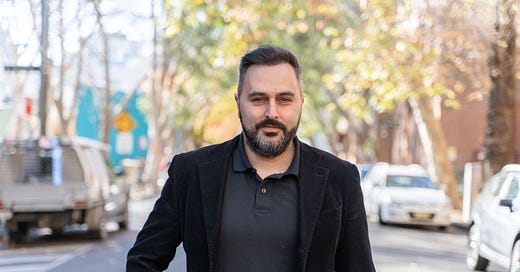Legendary investor George Soros once said “…it's not whether you're right or wrong that's important, but how much money you make when you're right and how much you lose when you're wrong…"
Being wrong is a part of investing. Failure is important, mistakes make you wiser. People who avoid losses will never build any significant wealth. The strategy is to make small mistakes regularly but these will be offset by large, significant, life changing gains which come once in a while.
I’m starting to see a lot of complacency in the market — stocks, crypto and even certain parts of the real estate market. We’ve gone from complete fear to complete greed in just over one year. Crypto markets have come back, yet there are still many calling for wild price targets on either side. The stock market continues to hit new highs as many investors see absolutely no downside risk which is a big red flag.
Residential real estate continues to rise across most major metro markets, yet investors are starting to get greedy in certain pockets and using excess debt to drive up prices without considering the consequence of another major global shock.
Optimistic yet calculated
I still think real estate is one of the best risk/reward investments in the next 10-20 years. Having said that, investors need to pick good pockets, manage price risk and opt for investments that have agile tenancies and strong yields. You can’t just go to auction, buy anything and hope for the best. Prudence is paramount.
Investors are naive to think that the party will continue to go on, unchecked, without consequences. It’s not that I’m cautious of turning negative. I still believe we’re in the foothills of a big upward move in asset prices (see my note here).
I’m optimistic, but adding protection to my portfolio.
There’s a difference between being optimistic about the future and being completely blind about potential risks. Optimism should be measured. There are too many investors ignoring the consequence of risk on their portfolios. The smart investors I talk to are thinking about hidden risks.
Have redundancy in your portfolio
One of the best natural insurance policies is having redundancy. We live in a world obsessed with optimisation, yet when the pandemic hit, we saw just how many people and businesses were unprepared to deal with sudden shocks. Governments had no choice but to flood the financial system with cash, otherwise, nobody would have coped.
Over optimisation in business lead to complete disruptions in global supply chains.
The thing is, we’re yet to feel the consequences of the pandemic. As an investor, you need to prepare yourself for the unknown and have redundancy just incase things change suddenly, either up or down.
We’re created as human beings with two kidneys just incase one of them stops working. Mother nature has an inherent insurance policy built into our biology. We don’t need two kidneys to function, yet we have them just incase.
Having spare resources on the sideline is extremely important.
I’m ultra positive about the future, yet my number one goal is to survive. If I’m wrong about my outlook, I want to make sure that my mistakes aren’t fatal. I want exit strategies, I want excess resources on the side to make sure I can weather any storm and bunker down to re-evaluate when things move.
Types of redundancy in your portfolio
Cash is the most obvious form of redundancy but having too much cash is actually a risk because inflation will reduce your purchasing power into the future. Having a small amount on the sideline is prudent and having assets which can easily be turned into cash, just incase, is another good idea.
If you’re buying or holding real estate, having a loan which allows you to redraw and add/remove cash whenever required is a good idea. It’s not my area of expertise, so speak to your broker or licensed professional about your options. Ask questions…
Having some gold in your portfolio is probably a good idea too. I had a gold position last year which turned boring, so I switched it out into more exciting investments.
But in recent week’s I’ve started buying more gold because boring is beautiful and if for whatever reason things happen (good, bad, up, down…whatever), having my assets spread out is likely to make me less fragile than having all my eggs in one basket.
My point this week is this: We live in a very uncertain world and the pandemic has showed us that nothing can be taken for granted. Predicting the future is near impossible. Investing is paramount to maintaining our standard of living. The future is bright and lessons have been learnt.
Yet fragility can be fatal. Being anti-fragile is the goal. Have a look at your portfolio and ask yourself, how much redundancy do you have if things come down massively or go up much more than expected.
Quick update: I wrote about Peloton stock a couple of weeks ago, the stock is up around 20% from its lows and performing nicely. Ford is also up by the same amount since I wrote about it in late March.
I’ve recently added Roblox stock to the portfolio because put simply, my kids are addicted to it and I believe it will become an intergenerational opportunity in the years ahead. More on that next week.












Very true !!
I just read this now again, almost 2 years after it was initially posted, and its amazing that alot of the predictions made are presenting itself now